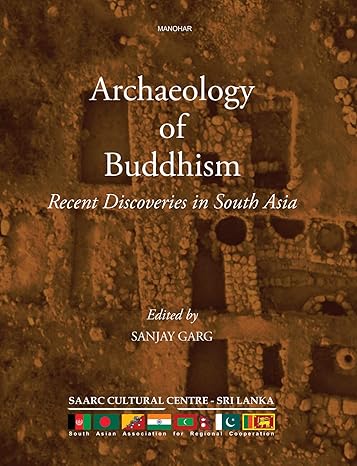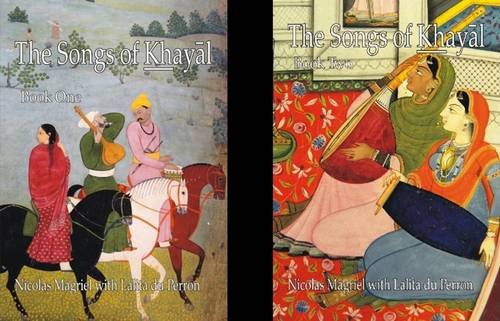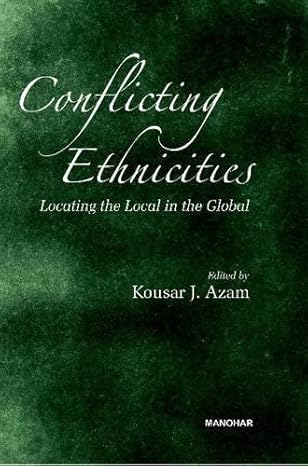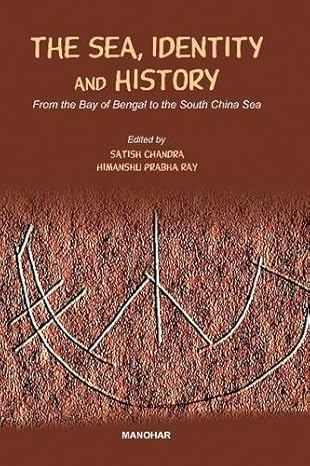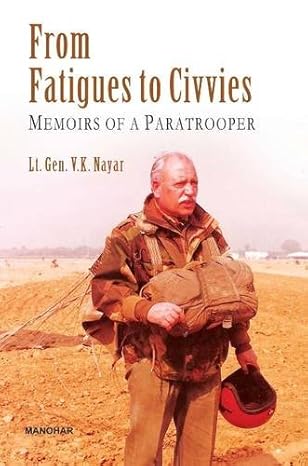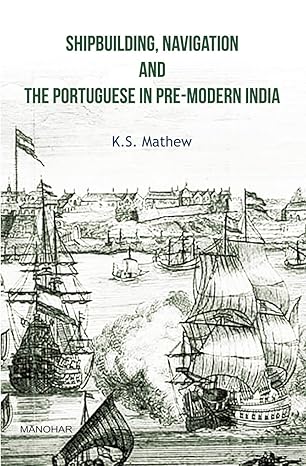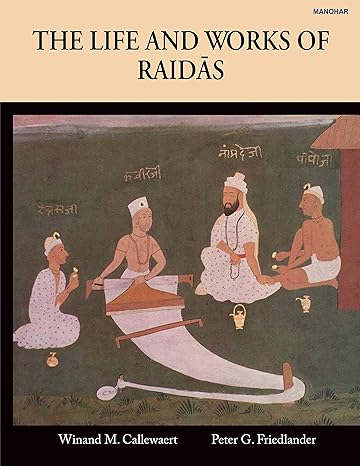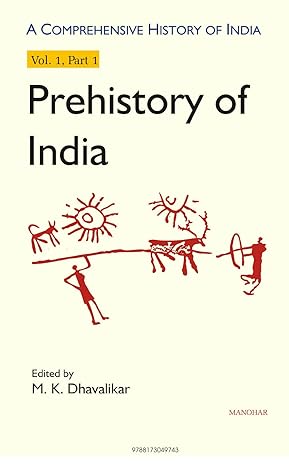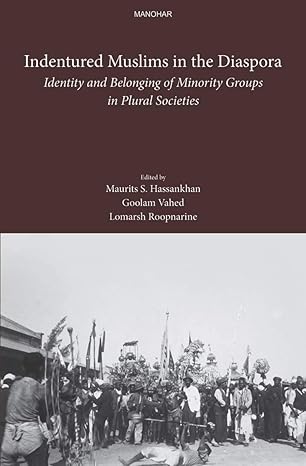History
Featured Products
Archaeology Of Buddhism: Recent Discoveries in South Asia
₹4,125.00
M.R.P.:₹ 5,500.00
You Save: ₹1,375.00 (25.00% OFF)
Conflicting Ethnicities: Locating the Local in the Global
₹821.25
M.R.P.:₹ 1,095.00
You Save: ₹273.75 (25.00% OFF)
The Sea, Identity and History: From the Bay of Bengal to the South China Sea
₹787.50
M.R.P.:₹ 1,050.00
You Save: ₹262.50 (25.00% OFF)
From Fatigues to Civvies: Memoirs of a Paratrooper
₹1,046.25
M.R.P.:₹ 1,395.00
You Save: ₹348.75 (25.00% OFF)
Shipbuilding, Navigation and the Portuguese in Pre- Modern India
₹741.00
M.R.P.:₹ 950.00
You Save: ₹209.00 (22.00% OFF)
A Comprehensive History of India: Prehistory of India (Vol. I, Part 1)
₹1,777.95
M.R.P.:₹ 2,195.00
You Save: ₹417.05 (19.00% OFF)
Indentured Muslims in the Diaspora: Identity and Belonging of Minority Groups in Plural Societies
₹971.25
M.R.P.:₹ 1,295.00
You Save: ₹323.75 (25.00% OFF)


